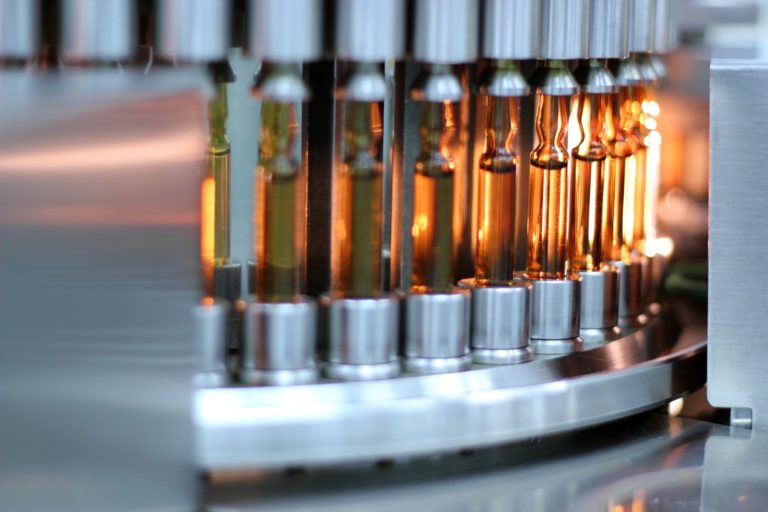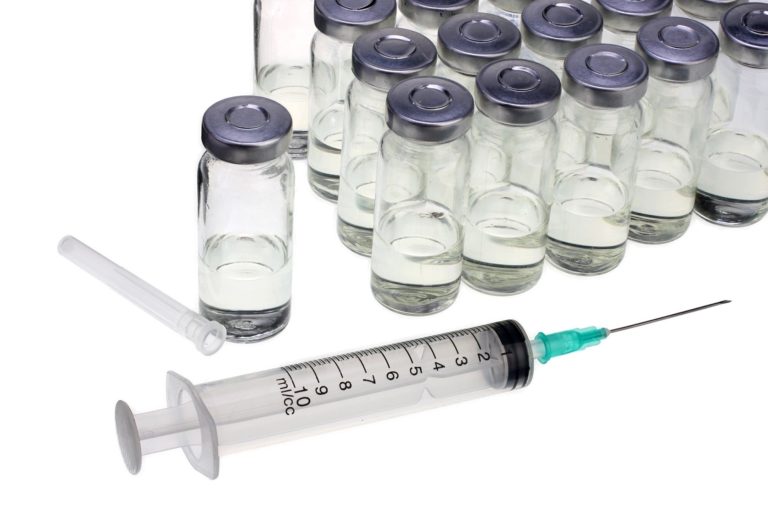
Glutathione Injections
Glutathione is a substance produced naturally by the liver. It is also found in fruits, vegetables, and meats.
GLUTATHIONE USE
People take glutathione by mouth for treating cataracts and glaucoma, preventing aging, treating or preventing alcoholism, asthma, cancer, heart disease(atherosclerosis and high cholesterol), hepatitis, liver disease, diseases that weaken the body’s defense system (including AIDS and chronic fatigue syndrome), memory loss, Alzheimer’s disease, osteoarthritis, and Parkinson’s disease.
Glutathione is also used for maintaining the body’s defense system (immune system) and fighting metal and drug poisoning.
Healthcare providers give glutathione as a shot (by injection into the muscle) for preventing poisonous side effects of cancer treatment (chemotherapy) and for treating the inability to father a child (male infertility).
EFFECTIVENESS
Healthcare providers also give glutathione intravenously (by injection into the vein, by IV) for preventing “tired blood” (anemia) in kidney patients undergoing hemodialysis treatment, preventing kidney problems after heart bypass surgery, treating Parkinson’s disease, improving blood flow and decreasing clotting in individuals with “hardening of the arteries” (atherosclerosis), treating diabetes, and preventing toxic side effects of chemotherapy.
INTRAVENOUS
- Treating Parkinson’s disease
- Diabetes
- Anemia in people on hemodialysis
- Hardening of the arteries (atherosclerosis)
- Infertility in men
- Other conditions
More evidence is needed to rate glutathione for these uses.
How does it work?
Glutathione is involved in many processes in the body, including tissue building and repair, making chemicals and proteins needed in the body, and for the immune system.
The following doses have been studied in scientific research:
GLUTATHIONE DOSING INTRAVENOUS:
- Healthcare providers give glutathione intravenously (by IV) along with chemical cancer treatments (chemotherapy) to reduce some of the unwanted side effects of the chemotherapy.
Contact US Below

